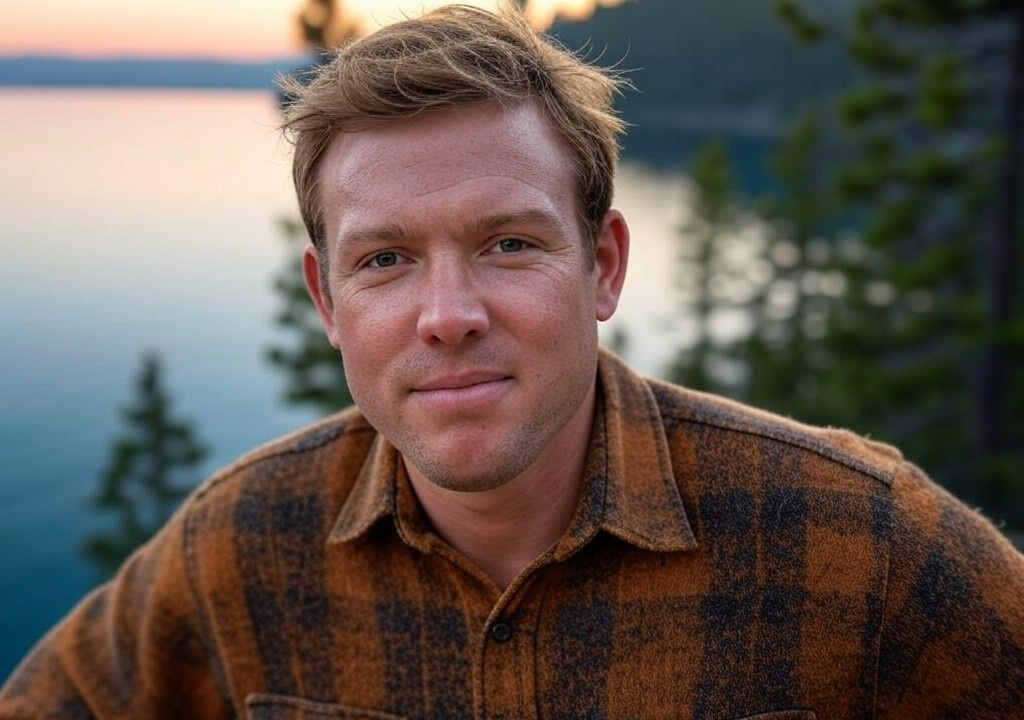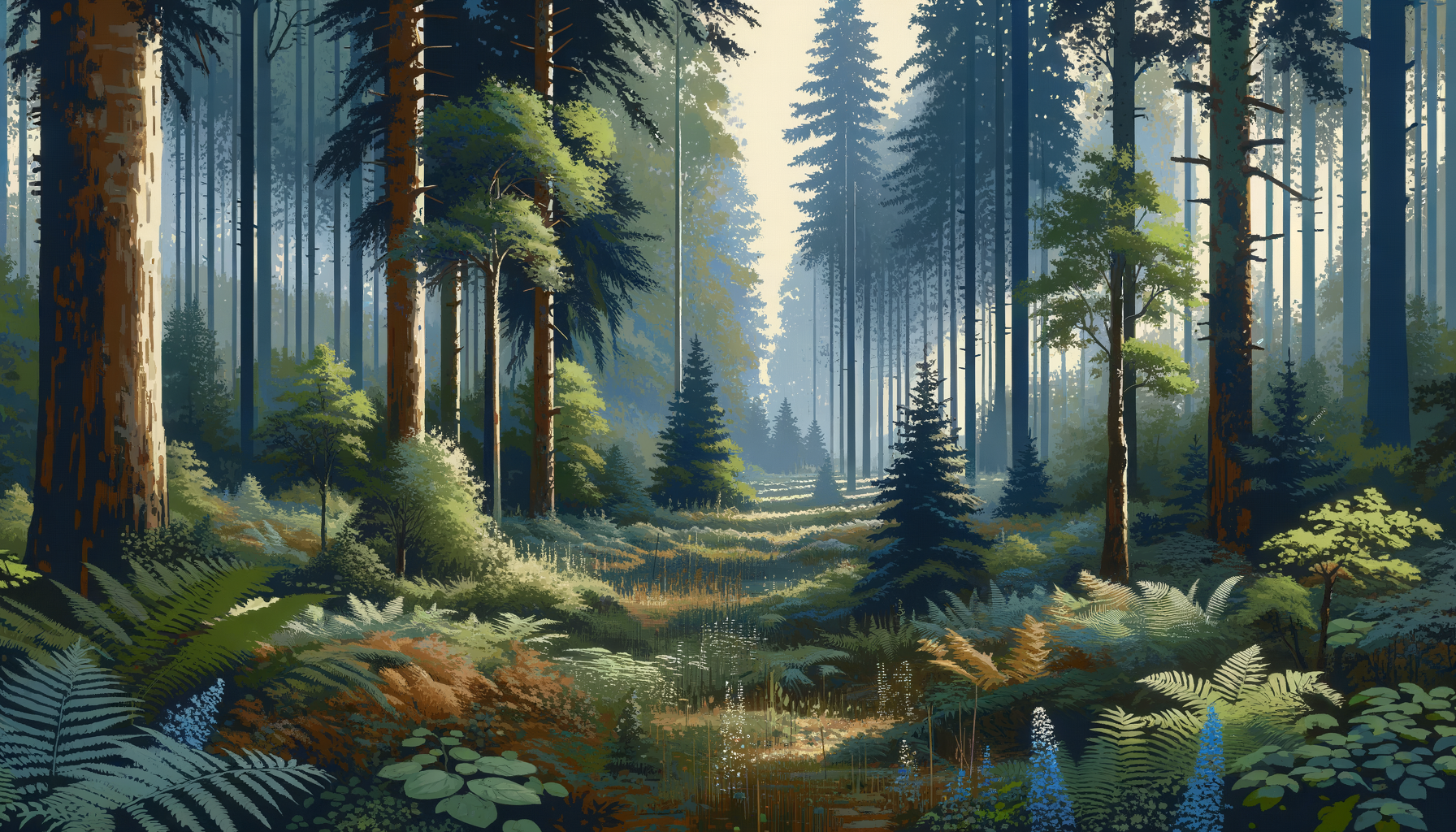Growing up near Lake Tahoe, surrounded by skies so pure they could steal your breath and pines dense enough to keep secrets, I learned early on that people have a habit of misunderstanding jobs. My parents ran a rustic lodge, and every guest seemed to think they had it all figured out. "Must be so peaceful living here," they'd say over coffee, oblivious to the chaos of wrenched plumbing, snow chains, and the occasional bear raid on the trash bins. So when I started working for the U.S. Forest Service after college, I thought I’d be prepared for misconceptions. Spoiler: I wasn’t.
It turns out, my job carried its own set of clichés that miss the mark entirely. While friends dreamed up scenarios of me strumming a banjo in a lookout tower or befriending a grizzly like a Disney prince, the reality was just a tad different. Whether you’re thinking about your own profession or romanticizing someone else’s, let this serve as your crash course in how getting the truth straight can bring you closer to others—and maybe deepen your respect for the work they do.
"So You Just Hike All Day, Right?"
Look, I understand why people assume this. Put “Forest Service” on a dating app bio or tell someone at a dinner party, and you’ll see their face light up like a lantern. “Oh my gosh, I love hiking,” they’ll gush, tagging on something about how they’ve always wanted to visit Yosemite. Don’t get me wrong—I love hiking too. I’ve summited enough peaks to know that whistling wind and a cold granola bar can completely change your outlook on life.
But hiking isn’t the job. Sure, there’s fieldwork. I’ve bushwhacked through thickets tracking habitat restoration projects and trudged through snow to check tree density levels. It’s messy, often exhausting, work. Your boots get soggy. Your socks betray you. One time, I accidentally sat in bear scat while taking notes on invasive plant species. If this were a date, that’s where you’d politely fake laugh and reach for your drink.
What most people don’t picture are the spreadsheets, grant applications, and team meetings that follow every excursion. Forest stewardship isn’t just about smelling the pine-laced air—it’s about making charts and proposals convincing enough to protect that air in the first place. If you ever wonder why I’m not texting back promptly, it’s not because I’m perched elegantly on a log. I’m probably on hour three of deciphering data to justify funding for stream restoration. Sexy, I know.
Takeaway: The difference between perception and reality matters in relationships, too. Avoid slotting someone into a fantasy based on what you think their day looks like. Whether it’s asking deeper questions or simply taking the time to listen, the truth is always better than the story you’ve invented in your head.
"It Must Be So Stress-Free Because…Nature."
I’ll admit, there is something grounding about working in the wild. Trees invite you to breathe deeper, to listen closely, to pace yourself with something slower than a Slack notification. But “stress-free”? Tell that to the time I led a trail restoration team and we stumbled upon a hornet’s nest—a surprise that ended our day in urgent care. Or the moment a storm rolled in so fast while I was knee-deep in a river that we genuinely debated whether we’d make it back to the truck.
Then there’s the pressure of research itself, especially when dealing with ecosystems as delicate as Tahoe’s. Ever tried explaining to the world that ski resorts, endangered frogs, and tourism dollars all need to coexist somehow? It’s like moderating a reality dating show—everyone’s a diva, stakes are high, and the level of compromise required is enough to sprout gray hairs prematurely.
Nature is nourishing, yes, but it’s hardly a bubble bath for the soul. It challenges you, pushes you, and sometimes outright wrestles you to the ground—and that’s before you factor in the budget deadlines and bureaucratic hoops. Heart-pounding moments are par for the course, whether you’re standing in a storm or fielding emails at 6 a.m.
Takeaway: Relationships operate the same way. Even in something as beautiful as love, you’ll encounter moments of trial and tension. Expecting things to go perfectly smooth all the time? That’s how disasters like hornet nests (literal or figurative) have their day. Embrace the full range of experiences—it’s where the growth happens.
"Oh, So You’re Like…a Park Ranger?"
Ah, a classic. Let’s clear this up: Those Smokey Bear-hat-wearing heroes are incredible at their job, but we’re not the same. Park rangers protect and manage recreational spaces, ensuring visitors stay safe and educated. My work, by comparison, focuses on ecosystems themselves—watersheds, forests, biodiversity. Think less “telling tourists not to feed snacks to raccoons” and more “nerding out over beaver dams and helping prevent erosion.”
Still, the confusion gets me thinking about how often we miscategorize things in relationships, like the difference between admiration and compatibility, or passion and permanence. Dating is thick with labels that only skim the surface of what (and who) we’re dealing with. If you stop comparing a person—or a profession—to what you think it is, you might just find something far more nuanced and rewarding.
Takeaway: Stop assuming you know the full story. Whether it’s a job, a first date, or a year into a relationship, resist the urge to drag-and-drop people into pre-made templates. Get curious—it’ll earn you a lot more insight than just nodding and smiling through a cliché.
The Forest, the Trees, and the Bigger Picture
Here’s the real kicker: I wouldn’t trade the job for anything. Yes, the ups and downs are real, but the same can be said for any meaningful pursuit, whether you’re building a career or building a connection. Is there sweat involved? Always. Do people misjudge the work (and sometimes you)? Inevitably. But there’s a wild and humbling joy in untangling the web of life, both in the wild and with the people we care about most.
If I’ve learned anything, it’s that relationships—much like ecosystems—thrive on patience, adaptability, and occasionally sitting in uncomfortable places for the greater good. When you stop idealizing and start engaging, life suddenly feels a whole lot richer.
So whatever profession you’re tempted to romanticize, remember this: The reality might not look like the fantasy, but it has its own rugged beauty, just waiting to be discovered. And if you’re lucky enough to share that with someone who gets it? Well, let’s just say, that’s as good as standing on a mountain peak at sunrise. Without the bear scat.




















